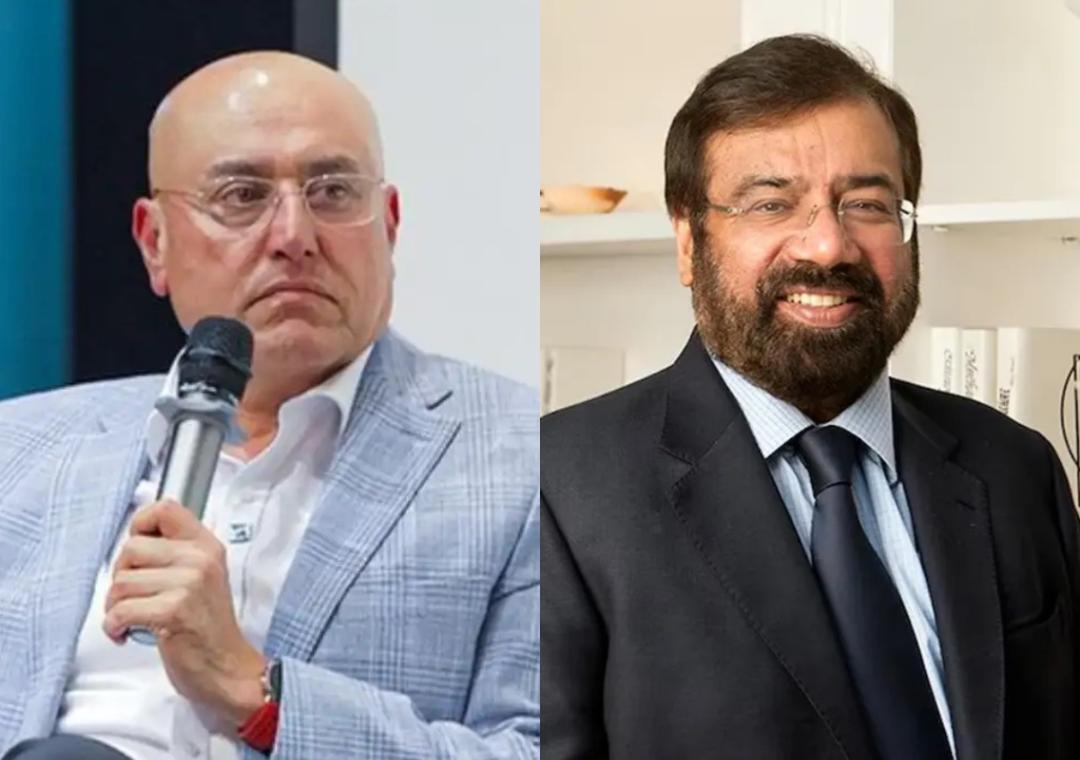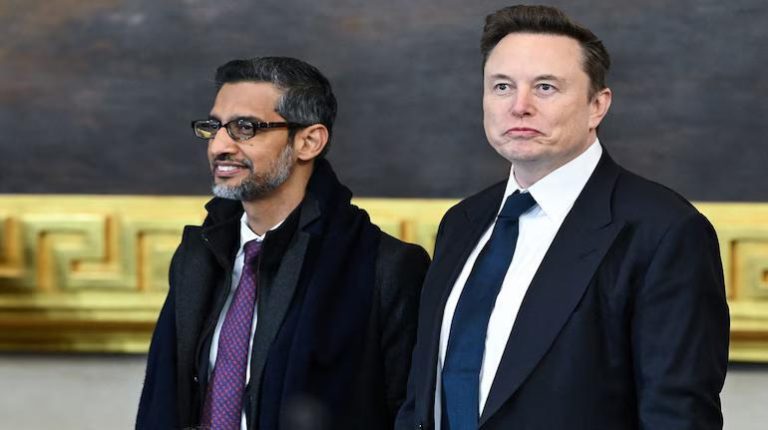
Title: Hotmail Co-founder says ‘truth=anti-India’, Goenka replies ‘Living in US & lecturing us?’
In a recent social media post, Hotmail co-founder Sabeer Bhatia sparked a heated debate by saying that anyone who speaks the truth in India is labelled as “anti-national”. His statement has been met with widespread criticism, with many calling out his comments as misguided and misguided. Billionaire Harsh Goenka, in particular, has responded to Bhatia’s statement, saying that it is hypocritical for someone who has left India to lecture the country on what it means to be a national.
Bhatia’s original statement read, “Those who speak the truth in India are termed ‘anti-national’. Then who’s a national? The one who lies to you?” His statement was met with shock and disbelief by many who felt that it was a naive and simplistic view of the complex issue of nationalism in India.
Goenka, who is the Chairman of RPG Enterprises, was quick to respond to Bhatia’s statement. He tweeted, “Living in California and lecturing a billion Indians back home?…India doesn’t need sermons from those who packed up and left.” Goenka’s response was met with widespread approval, with many calling out Bhatia’s hypocrisy.
Bhatia’s statement has been criticized by many who feel that it is an over-simplification of the complex issue of nationalism in India. Nationalism is a sensitive topic in India, and the government has been accused of using it to silence dissenting voices. Many have argued that Bhatia’s statement is a reflection of his own limited understanding of the issue, and that he is not aware of the complexities and nuances of the situation in India.
One of the main criticisms of Bhatia’s statement is that it ignores the fact that there are many people in India who are speaking out against the government and its policies, and who are doing so in a peaceful and constitutional manner. These individuals are not “anti-national”, but rather are exercising their fundamental right to freedom of speech and expression.
Another criticism of Bhatia’s statement is that it implies that anyone who speaks out against the government is automatically “anti-national”. This is a simplistic and misleading view, and it ignores the fact that there are many people in India who are critical of the government’s policies, but who are not “anti-national”.
In contrast, Goenka’s response to Bhatia’s statement has been praised by many who feel that it is a more nuanced and thoughtful response. Goenka’s statement acknowledges that India is a complex and diverse country, and that there are many different perspectives and opinions on the issue of nationalism. He also points out that Bhatia’s statement is hypocritical, given that he has left India and is now living in the United States.
Goenka’s statement has been praised by many who feel that it is a much more thoughtful and considered response to Bhatia’s statement. His response acknowledges the complexities of the issue, and he does not resort to simplistic and misleading statements. In contrast, Bhatia’s statement has been widely criticized for its naivety and lack of understanding of the issue.
In conclusion, the debate sparked by Bhatia’s statement highlights the complexities and nuances of the issue of nationalism in India. While Bhatia’s statement has been widely criticized for its simplicity and lack of understanding, Goenka’s response has been praised for its nuance and thoughtfulness. The debate serves as a reminder that nationalism is a complex and multifaceted issue, and that it cannot be reduced to simplistic and misleading statements.
News Source:
https://x.com/hvgoenka/status/1951337266896679142






